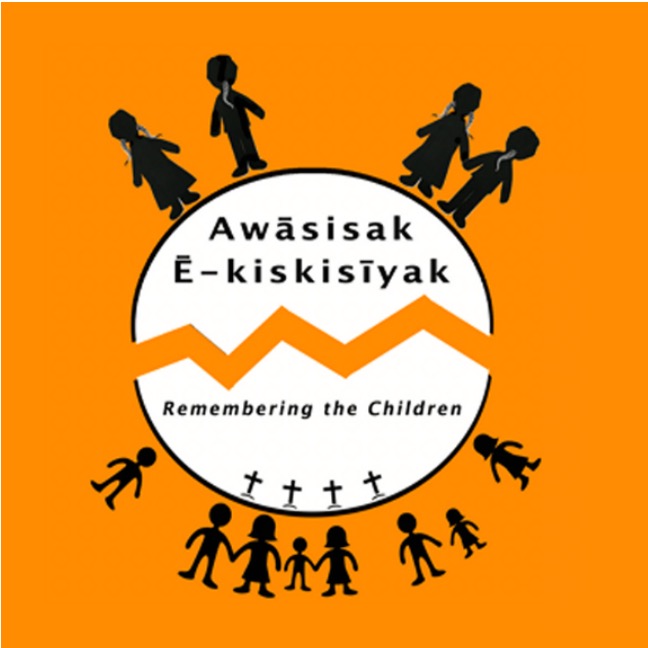Talks With Relations
Jamie Sams, author of, The 13 Original Clan Mothers, leaves with us a wealth of knowledge that was passed down to her by her grandmothers, Cisi Laughing Crow, and Berta Broken Arrow. Sams was of mixed descent, her heritage included French, Cherokee, Seneca, Choctaw, and Mohawk (Brussat & Brussat, 2006). While the teachings are centered around women, the lessons and values are both universal and versatile.
Sams explains that the clan mothers’ teachings, passed down through medicine lodges, are acknowledged with gratitude to grandmothers, Cisi Laughing Crow, and Berta Broken Arrow. However, she continues to remind us that these teaching also belong to, “all of the Children of Earth” (Sams, 1993). Moving forward, the next series of blogs for Indigenization will incorporate, The 13 Original Clan Mothers teachings. It is in the spirit of reconciliation that these clan teachings will provide insight into the richness of Indigenous knowledge, while weaving these lessons into the University of Saskatchewan’s philosophy and creating safe space for Indigenization and decolonization.
The first clan mother moon will brighten the night sky on January 11th, 2024. Sams calls this moon teaching, Talks with Relations. This moon teaching emphasizes the importance of seeking truths with not just one another, but to include the plants, rocks, the sky, and all living forms. A deeper sense of acknowledging truth encourages an openness to understanding diversities and accountabilities to everything that constitutes creation.
How does this connect to Indigenization? While these wisdoms originate from the land’s original inhabitants, they continue to offer guidance in a complex contemporary world. The first moon teaches us the willingness to learn truths respectfully, while providing opportunity for reflection. As we move into reconciling the truths of Canadian history, we must be mindful of the dualities that exist in this colonial past.
Indigenization, decolonization, and reconciliation is not demanding of anything but for these truths to be heard, to be acknowledged and for the spaces to include the rich knowledge that the first people of these lands can contribute to the academy. Indigenization, decolonization, and reconciliation is not an attempt to push others away from these academic spaces but to honour and create spaces for those who have called these lands home from time immemorial. Following these moon teachings can provide a valuable tool to a transformative process thus creating a better world for those yet to come.

